

2019-12-25 19:46:00 Wed ET
treasury deficit debt employment inflation interest rate macrofinance fiscal stimulus economic growth fiscal budget public finance treasury bond treasury yield sovereign debt sovereign wealth fund tax cuts government expenditures
Former White House chief economic advisor Nouriel Roubini discusses the major limits of central-bank-driven fiscal deficits. The International Monetary Fund (IMF) projects subpar global economic growth due to the recent trifecta of the tentative Sino-U.S. trade agreement, geopolitical energy tension in the middle east, and a cloudy economic outlook for Britain and E.U. in light of soft Brexit trade uncertainty. These primary global tail risks anchor inflation expectations worldwide, so central banks engage in tacit monetary policy coordination in accordance with the tripartite congressional mandate of maximum sustainable employment, price stability, and financial market stabilization.
With greater government bond issuance, central banks can help fund fiscal deficits that manifest in the form of both tax cuts and infrastructure expenditures. Left-wing proponents of Modern Monetary Theory argue that larger permanent fiscal deficits help stimulate economic growth when central banks monetize these fiscal deficits in the absence of runaway inflation and economic slack.
However, Roubini argues that the current monetization of fiscal deficits cannot be a sustainable policy response in the long run. Either the global economy eventually experiences a supply shock due to pervasive shortages of oil and natural gas, or an inflationary shock becomes a major economic disturbance worldwide.
If any of our AYA Analytica financial health memos (FHM), blog posts, ebooks, newsletters, and notifications etc, or any other form of online content curation, involves potential copyright concerns, please feel free to contact us at service@ayafintech.network so that we can remove relevant content in response to any such request within a reasonable time frame.
2019-10-15 09:13:00 Tuesday ET
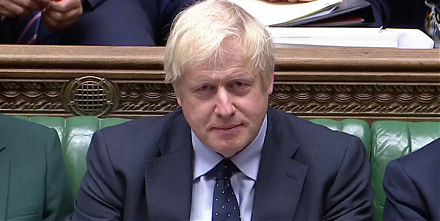
U.K. prime minister Boris Johnson encounters defeat during his new premiership. The first major vote would pave the path of least resistance to passing a no
2019-05-07 09:30:00 Tuesday ET
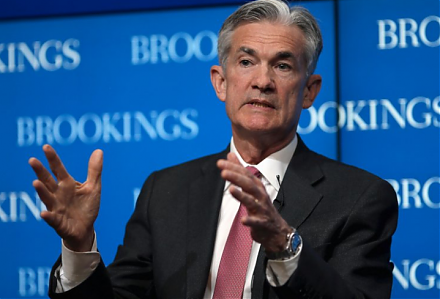
The Trump team receives a 3.2% first-quarter GDP boost as Fed Chair Jay Powell halts the next interest rate hike in early-May 2019. This smooth upward econo
2018-10-21 14:40:00 Sunday ET
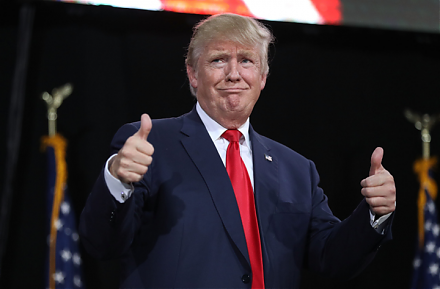
President Trump floats generous 10% tax cuts for the U.S. middle class ahead of the November 2018 mid-term elections. Republican senators, congressmen, and
2019-05-02 13:30:00 Thursday ET
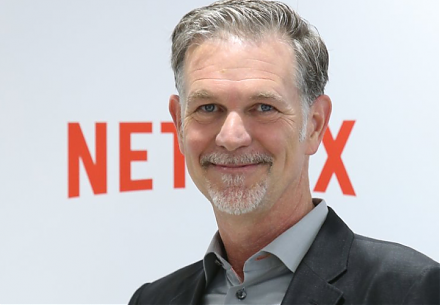
Netflix has an unsustainable business model in the meantime. Netflix maintains a small premium membership fee of $9-$14 per month for its unique collection
2017-03-27 06:33:00 Monday ET
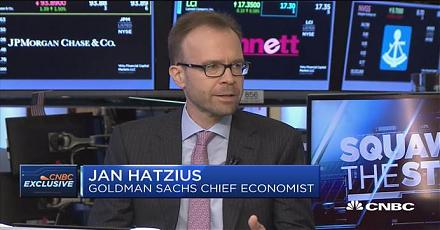
Goldman Sachs chief economist Jan Hatzius says the Federal Reserve's QE exit strategy makes sense ahead of Fed Chair Janet Yellen's stepdown in 2018
2022-02-25 00:00:00 Friday ET

Empirical tests of multi-factor models for asset return prediction The capital asset pricing model (CAPM) of Sharpe (1964), Lintner (1965), and Bla